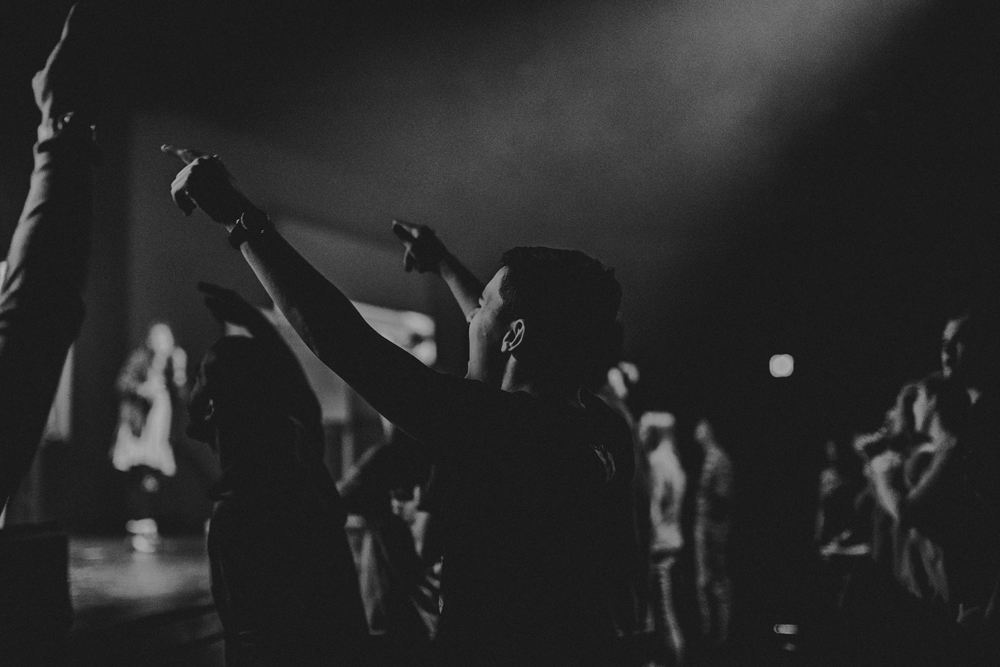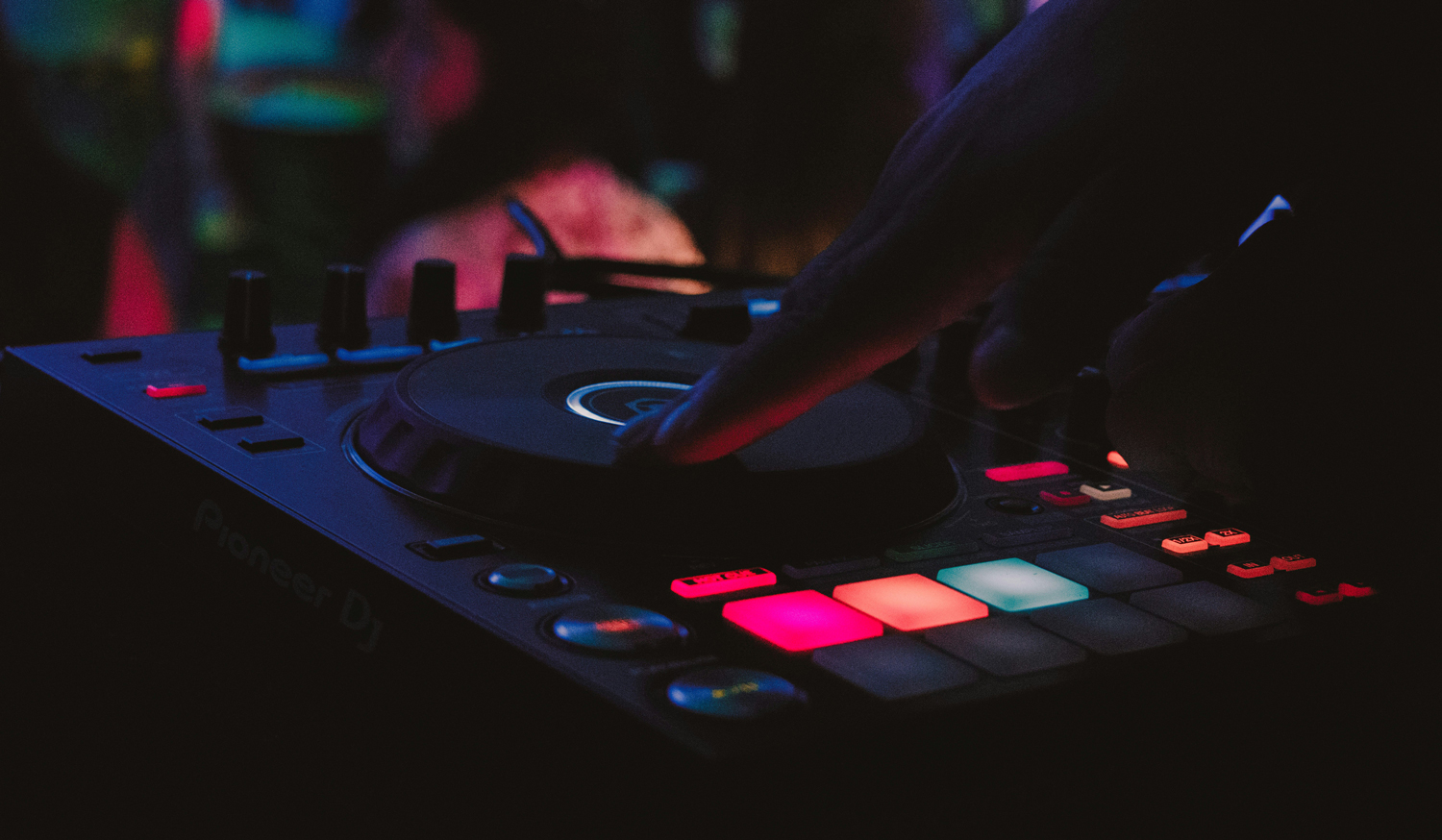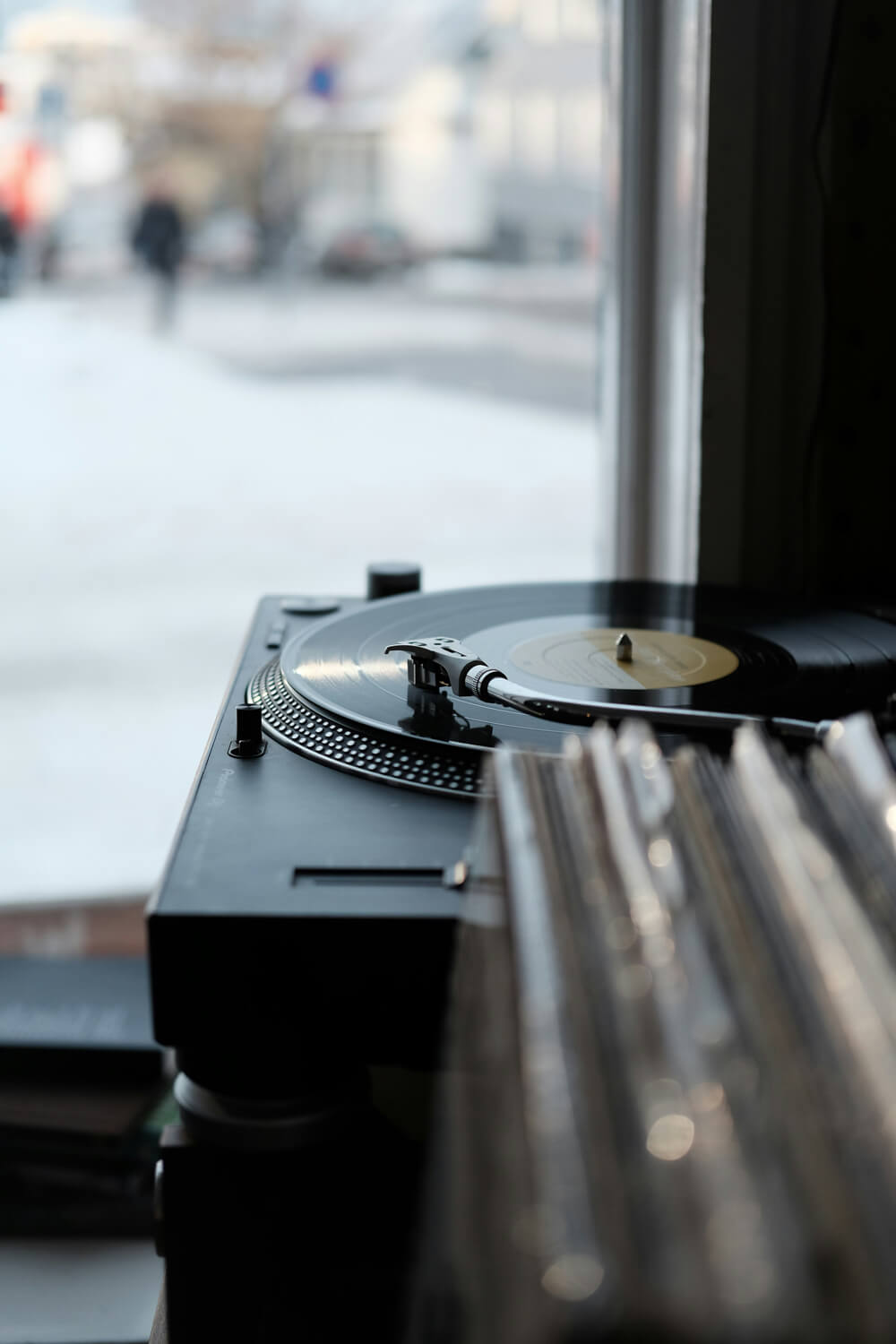
The Controversy of Soundclash Endings: Can We Return to the Good Old Days?
In the fiercely competitive world of Soundclash, rival sound systems have always fought to outdo one another, their ultimate goal being to control the dancefloor and win over the crowd. From the genre’s roots in Kingston’s streets to its evolution on global stages, the essence of Soundclash has always been more than just about who plays the biggest tunes. It’s about energy, creativity, and the skill of connecting with the audience in real-time. Yet, as the culture has evolved, a shift in how clashes are judged has sparked a growing debate: should a winner always be declared, or should we return to an era where the people decided, and the actual winner wasn’t always so clear-cut?
The Era of Declared Winners and Its Discontents
Historically, soundclashes didn’t always have definitive endings. In the dancehall, a crowd’s reaction was often the only signal of who dominated the night. There are no formal judges, no scoring systems—just the raw feedback of the audience. This lack of official outcomes wasn’t just acceptable; it was embraced. Attendees would leave the clash still buzzing, excited to debate amongst themselves who indeed won. The energy of disagreement and discussion fed the culture for days after, keeping the event alive beyond the final tune.
However, as soundclashes grew in stature and scale, so did the need for structure. Declaring winners through voting systems or formal judging processes became standard, providing immediate clarity—but not without a price.
While formalizing decisions helped solidify Soundclash as a competitive sport, it also brought with it a new breed of controversy. The practice of declaring a winner now often sparks post-clash debates, not over the music, but over the fairness of the decision. Judges tasked with determining a winner can easily be accused of bias. Whether intentional or not, decisions that feel disconnected from the crowd’s vibe can overshadow the night’s performances, reducing the art form to a technical score rather than a communal experience.
“As Soundclash continues to evolve, the question remains: Do we need a declared winner at all?”
The Bias of Crowds and Judges: A Double-Edged Sword
Judges, however, aren’t the only source of tension. Crowds can also introduce bias into the mix, particularly at international clashes. Fans often show up with allegiances already in place, supporting their hometown sound or a long-time favorite. This skewed enthusiasm can drown out the objectively more robust performance, making the crowd’s reaction less of an authentic measure and more of a popularity contest. When combined with biased judging, these factors can lead to a declared winner who doesn’t align with the genuine energy of the night.
In these instances, the spirit of Soundclash—the unpredictability, the real-time crowd control, and the skill of winning over an audience—can feel lost. What was once an organic, in-the-moment exchange between sound systems and audiences risks becoming a formulaic competition with a pre-determined outcome.
Returning to the Joy of Ambiguity
But is there a path back to those good old days when who won wasn’t so clear, and the thrill came from the post-clash debates rather than a definitive trophy? For many in the Soundclash community, the answer is yes.
The absence of a declared winner allowed Soundclash to live in the moment, an open-ended experience where each person could walk away with their own interpretation. The excitement wasn’t tied to who took home the trophy; it was in the lingering conversations and the ongoing debates. Each person’s opinion was just as valid as the next, creating a more democratic—and arguably more engaging—experience.
The shift back to ambiguity could reinvigorate the culture by removing the burden of finality. Without the need for a declared winner, every clash would be a moment in time—something that could only truly be understood by those who were there. It would invite deeper fan involvement, reigniting the debate culture that once defined Soundclash.

The Power of Peer Debates and Collective Memory
When clashes ended without a definitive winner, it wasn’t just the music that resonated—it was the memory of the event itself. Debating who won wasn’t just a conversation but a continuation of the clash. Fans would relive the night, analyze every dubplate, every speech, every reaction from the crowd. These discussions kept the culture alive far beyond the final tune.
In today’s hyper-competitive soundclash scene, where every move is analyzed and every decision scrutinized, a return to this form could bring back the joy of subjectivity. Instead of relying on biased judges or partisan crowds, the clash could be left to the memories and conversations of those who witnessed it. It would bring back the communal spirit of Soundclash, where victory was personal, not official.
As Soundclash continues to evolve, the question remains: Do we need a declared winner at all? While modern audiences crave clarity, returning to a more organic approach could elevate the culture by refocusing on what truly matters—the energy, creativity, and connection of the night itself. Letting the people decide, not through official votes but through ongoing conversation, could reinvigorate the community in ways a trophy never could.
By leaving clashes undefined, we return to a time when the music spoke louder than any judge. And in a world where so much is quantified and qualified, perhaps the greatest victory is one that lives on through memory, debate, and collective experience.
Subscribe to newsletter
You may also like
The Cost of Dubplates: A Pricing Debate
The story of dubplates is a compelling chapter in the history of music, particularly within the regg
Is the Soundclash World Delusional?
Are sound systems hiding behind high prices? Are promoters and fans shouldering the weight of dubpla
Is Soundclash Losing Its Edge? How Current Crews and an Aging Audience Threaten Its Future
The future of Soundclash depends on its ability to evolve without losing its essence.



